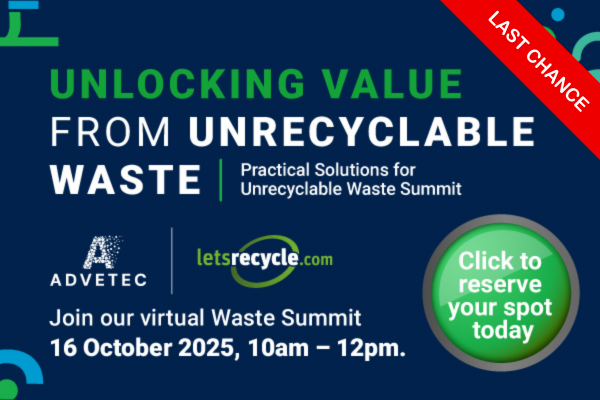Under PackUK’s enforcement terms for the Extended Producer Responsibility (EPR) scheme, producers that miss payment deadlines could face a variable monetary penalty, calculated as the greater of:
- 20% of unpaid fees
- 5% of your UK turnover if registered as single organisation or 2% of your UK group turnover if registered as a group
Fees for packaging placed on the market in 2024 will be invoiced from October 2025.
PackUK has published base fees for EPR, providing the first official indication of expected waste disposal charges. The figures, described as “first estimates”, are based on current data and are expected to be refined ahead of finalisation.
Variable fees from 2026
The deadline for producer EPR data submissions passed on 1 October 2025, with all obligated large producers required to provide detailed information on their packaging volumes and recyclability classifications for the first half of 2025 (1 January to 30 June).
From 2026 onwards, EPR fees will vary depending on recyclability, as determined by PackUK’s Recyclability Assessment Methodology (RAM).
Packaging assessed as more recyclable will attract lower disposal fees, aligning financial incentives with environmental performance.
The methodology uses a red–amber–green (RAG) system to assess packaging materials and formats, with “green” denoting the most easily recycled.
PackUK published its RAM Roadmap 2025-2030 on 3 October 2025, setting out the expected timeline for milestones in pEPR guidance, deadlines and updates.
Industry concern over EPR costs
However, the financial impact of EPR continues to raise concern among producers and retailers.
The British Retail Consortium (BRC) warned that producers are likely to pass on up to 80% of the costs of pEPR to consumers.
Andrew Opie, Director of Food and Sustainability at the BRC, said: “Retailers support the polluter pays principle and are making significant changes to reduce and improve their packaging.
“But the packaging tax is also a multi-billion pound levy being paid by consumers during a cost-of-living crisis.
“Unless funds are spent transparently and effectively, EPR threatens to just be another burden on an already overtaxed industry with no tangible benefits for customers or the environment.”








Subscribe for free